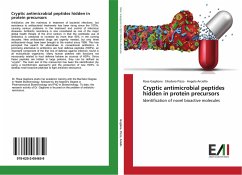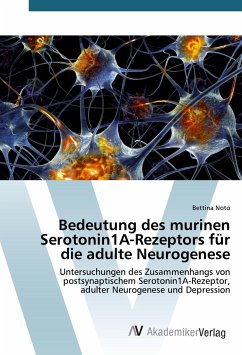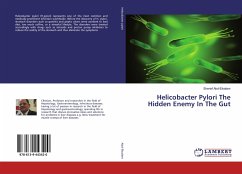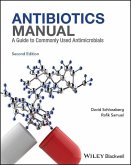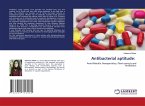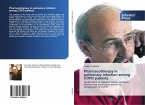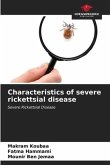Antibiotics are the mainstay in treatment of bacterial infections, but resistance to antibacterial treatments has been rising since the 1970s, causing serious problems in the treatment and control of infectious diseases. Antibiotic resistance is now considered as one of the major global health threats of the 21st century in that the worldwide use of antibiotics is predicted to increase by more than 65% in the coming decades. New antibacterial drugs are urgently needed, but only three antibacterial drugs have been brought to the market since 1999. This has prompted the search for alternatives to conventional antibiotics. A promising alternative to antibiotics are host defense peptides (HDPs), an important component of the first line of defense against infection, found in all multicellular organisms. Many human proteins with functions not necessarily related to host defense behave as sources of HDPs. Since these peptides are hidden in large proteins, they can be defined as "cryptic". The main aim of this manuscript has been the identification (by using a bioinformatic approach) and the production of new HDPs, to develop novel bioactive peptides to fight antibiotic-resistance.

